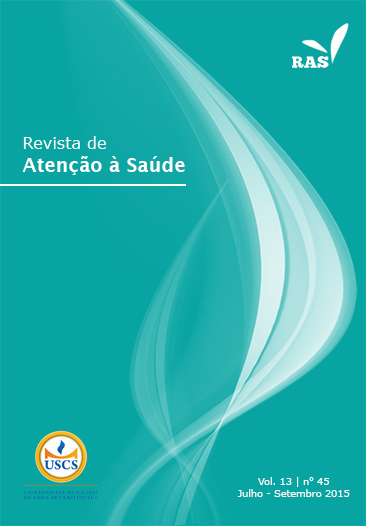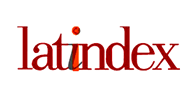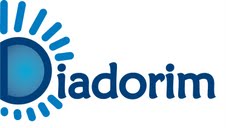FOOD HABITS AND ASSOCIATED FACTORS IN PUBLIC SERVANTS
DOI:
https://doi.org/10.13037/ras.vol13n45.2678Keywords:
Food Habits, WorkersAbstract
Introduction: Food is essential for the functioning of the physical and biological activities of the body.Studies have shown that multiple factors may influence food intake of an individual. Furthermore, theliterature indicates regional differences on dietary habits. Thus, identifying factors associated with dietaryhabits of each region may contribute to direct local strategies to improve this situation. Objective: Toanalyze the prevalence and factors associated with inadequate intake of fruits, vegetables, soft drinks andfrying of public servants of the State University of Northern Parana (UENP). Methods: The study group asformed of 147 servers and teachers from UENP campus of Jacarezinho (PR), 73 females and 74 males agedbetween 18 and 64 years old. Dietary habits were assessed by the food frequency questionnaire DIPS (FoodConsumption Patterns), level of physical activity using the IPAQ 8, and questionnaire and socioeconomicstatus by the Brazilian Association of Research Companies questionnaire. Results: Increasing age showedsignificantly decrease the inadequate consumption of fruits, vegetables, frying and sodas. The lowermiddlesocioeconomic status was associated with irregular consumption of fruits and vegetables (OR=2,453:CI=1,134-0,303 and OR=3,545:CI=1,370-9,173, respectively). Inadequate consumption of fruitwas higher for insufficiently active individuals (OR=2,683:CI=1,110-6,489). Conclusion: The frequencyof adults with unhealthy eating habits and their association with age, socioeconomic status and physicalactivity level shows the need to promote positive behavior and healthy lifestyle among the servers.Downloads
Downloads
Published
2015-09-29
Issue
Section
ARTIGOS ORIGINAIS
License
Policy Proposal for Journals offering Free Delayed Access
Authors who publish in this magazine agree to the following terms:
- Authors maintain the copyright and grant the journal the right to the first publication, with the work simultaneously licensed under a Creative Commons Attribution License after publication, allowing the sharing of the work with recognition of the authorship of the work and initial publication in this journal.
- Authors are authorized to assume additional contracts separately, for non-exclusive distribution of the version of the work published in this magazine (eg, publishing in institutional repository or as a book chapter), with the acknowledgment of the authorship and initial publication in this journal.
- Authors are allowed and encouraged to publish and distribute their work online (eg in institutional repositories or on their personal page) at any point before or during the editorial process, as this can generate productive changes, as well as increase impact and citation of the published work (See The Effect of Open Access).









